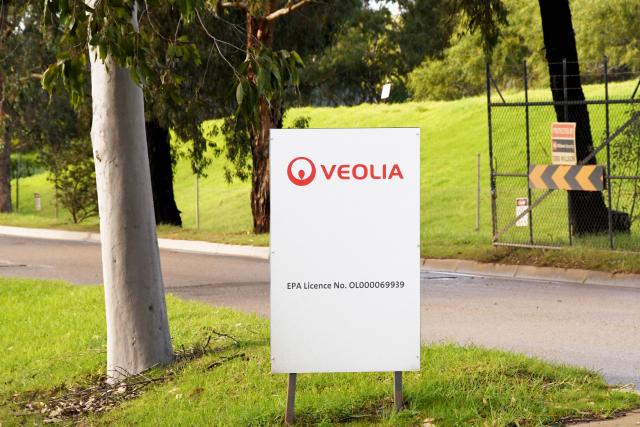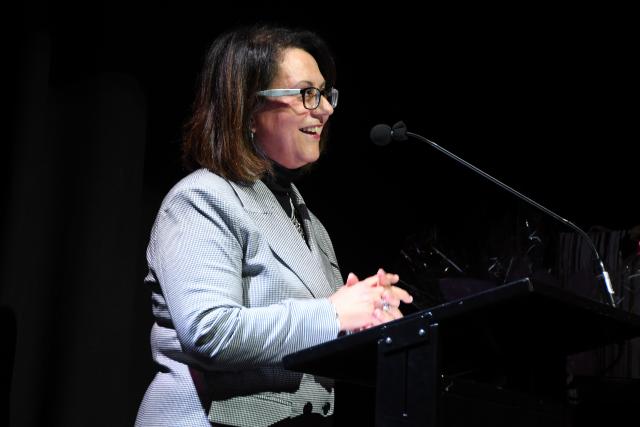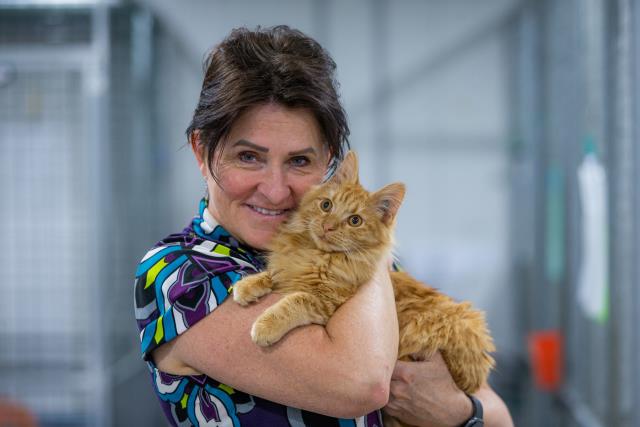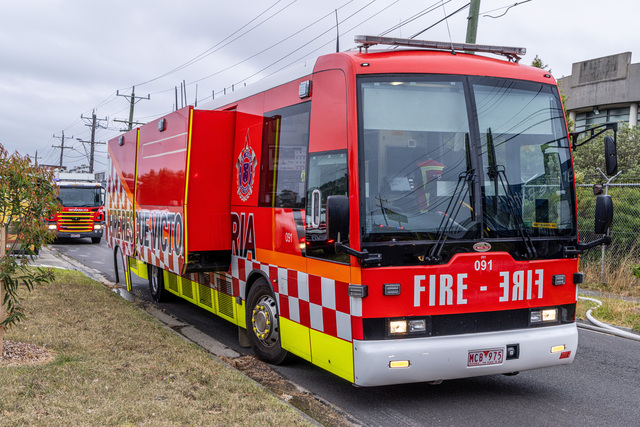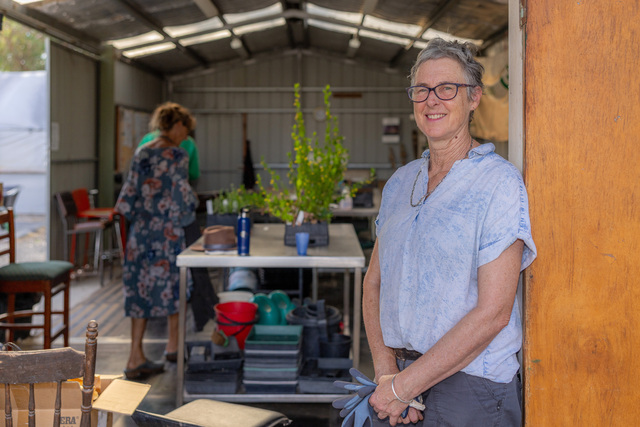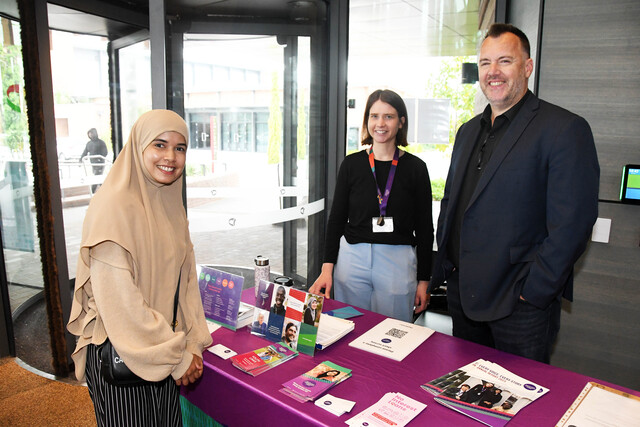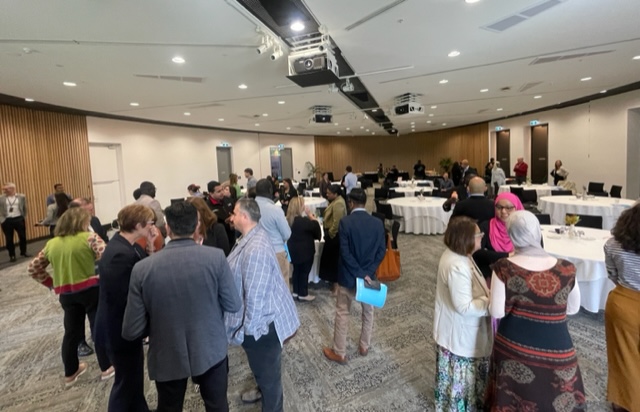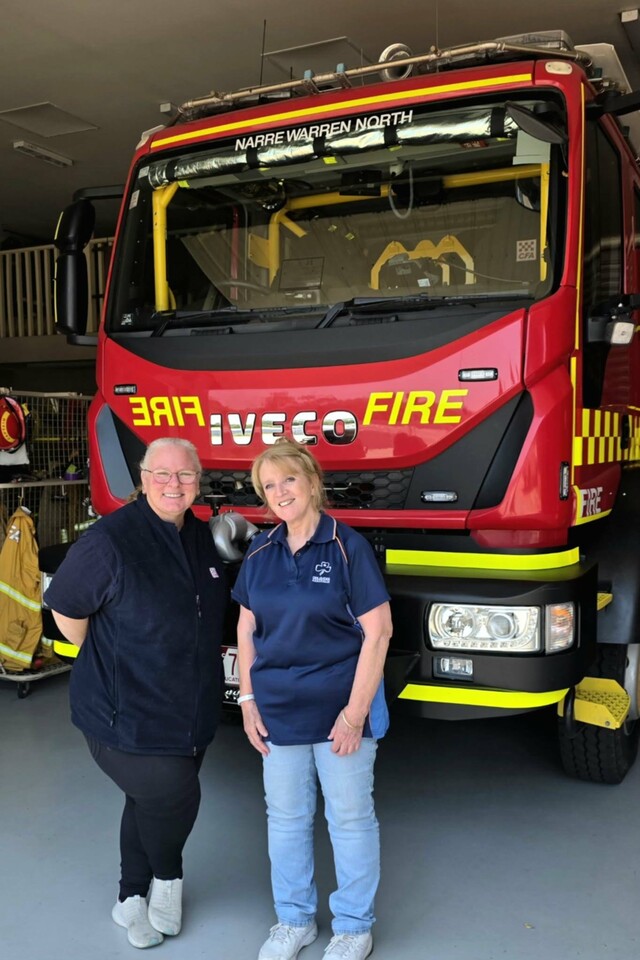The City of Casey is on its way to becoming a beacon of climate resiliency.
A first draft of the City of Casey Climate Action Plan was presented to council on Tuesday 21 February, after more than a year of preliminary work.
Council has endorsed the plan and will go ahead with the goals which the plan sets out for the region.
The primary target of the plan is to achieve a regional target of net-zero emissions by 2040.
Strategies have also been proposed to reduce corporate emissions to net-zero by 2030.
The meeting was headed by the panel of administrators, consisting of Noelene Duff, Miguel Belmar and Cameron Boardman.
One community member, Cheryl Jones, had submitted her personal comment about the issue to council for the meeting.
“[The Climate Action Plan] needs to be submitted to the wider public in a more accessible way so that more can see what is really planned,” she said.
“The agenda minutes and Climate Action Plan I have viewed is nothing more than a very clever business plan which is not at all user friendly.
“You spend far too much time communicating via emails and online communication which [shows] that you do not really see the concerns of the public.”
Manager sustainability and waste Michael Jansen submitted a reply, which was read before those present for the meeting.
“We’ve heard from more than 10,000 community members, each time overwhelmingly highlighting the need to deliver and invest in the environment through actions like this plan.
“The support has consistently been overwhelming with respondents increasing the importance of funding the protection and enhancement of the environment from third to second highest priority between 2020/2021 and 2022/2023.”
“This is one of the most clearly articulated, no nonsense plans,” Mr Boardman said.
“This is a responsible document that carefully considers the opportunities council has to make its own contribution to climate action,” Mr Belmar added.
The Climate Action Plan reached the public in 2022, where between February and April the council allowed public consultation on the issue.
“We consulted with the community via online surveys and workshops, as well as at community pop-up stalls and events, to find out what actions they wanted Council to deliver to address climate change,” said City of Casey manager sustainability and waste Michael Jansen.
“Approximately 1000 residents who completed the survey indicated strong support for council to adopt net-zero emissions targets, as well as actions we proposed across a variety of themes – such as transport, renewable energy, waste reduction and energy efficient buildings – which were all strongly supported.”
Mr Jansen said that climate change models suggest a turbulent future for the City of Casey if the climate issue is not addressed.
“Climate change is likely to impact everyone in Casey, with modelling predicting more extreme-weather events, including heat waves, longer and more intense bushfire seasons, drought conditions, increased storm activity, flooding and a rise in sea level,” he said.
But the Climate Action Plan is a step forward and away from these harsh realities.
“These are long-term impacts that we can plan and prepare for to become a climate resilient city.”
Mr Belmar expanded on the four-part strategy for the Climate Action Plan.
These include the early adoption of the plan, council’s support to reach net-zero corporate emissions by 2030 as well as “fast tracking the climate active carbon neutrality certification by committing required funds to the four year budget cycle”.
The City of Casey is part of the South East Councils Climate Change Alliance (SECCCA).
SECCCA is a collaboration of nine local south-east governments who are all committed to reducing emissions.
SECCCA has many current projects, including electric vehicle charging, a small business energy saving program and a carbon sink study.
In the past, they have conducted research projects on the impact of climate change on Phillip Island’s “little penguins”.
SECCCA has also focused on sustainable public lighting, electric vehicle trials and renewable energy projects.
“We are part of a regional network committed to delivering innovative projects and research that investigates the impact of climate change on our community,” Mr Jansen said.
However, despite all efforts and strategies proposed by Casey council and SECCCA, it remains up to the individual to make the right personal choices to help the region reach its net-zero emissions target.
“While council is committed to educating, promoting, collaborating and advocating for the community to achieve this goal, residents and businesses must be mindful of their own emissions,” Mr Jansen said.
“To become a net-zero emissions community, we must work together towards efficient and low energy consuming lifestyles.”


